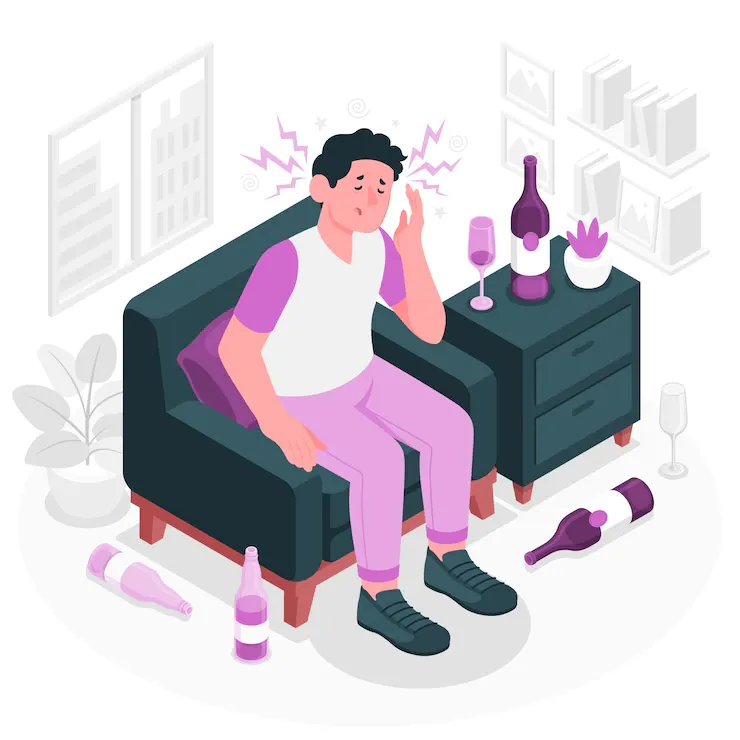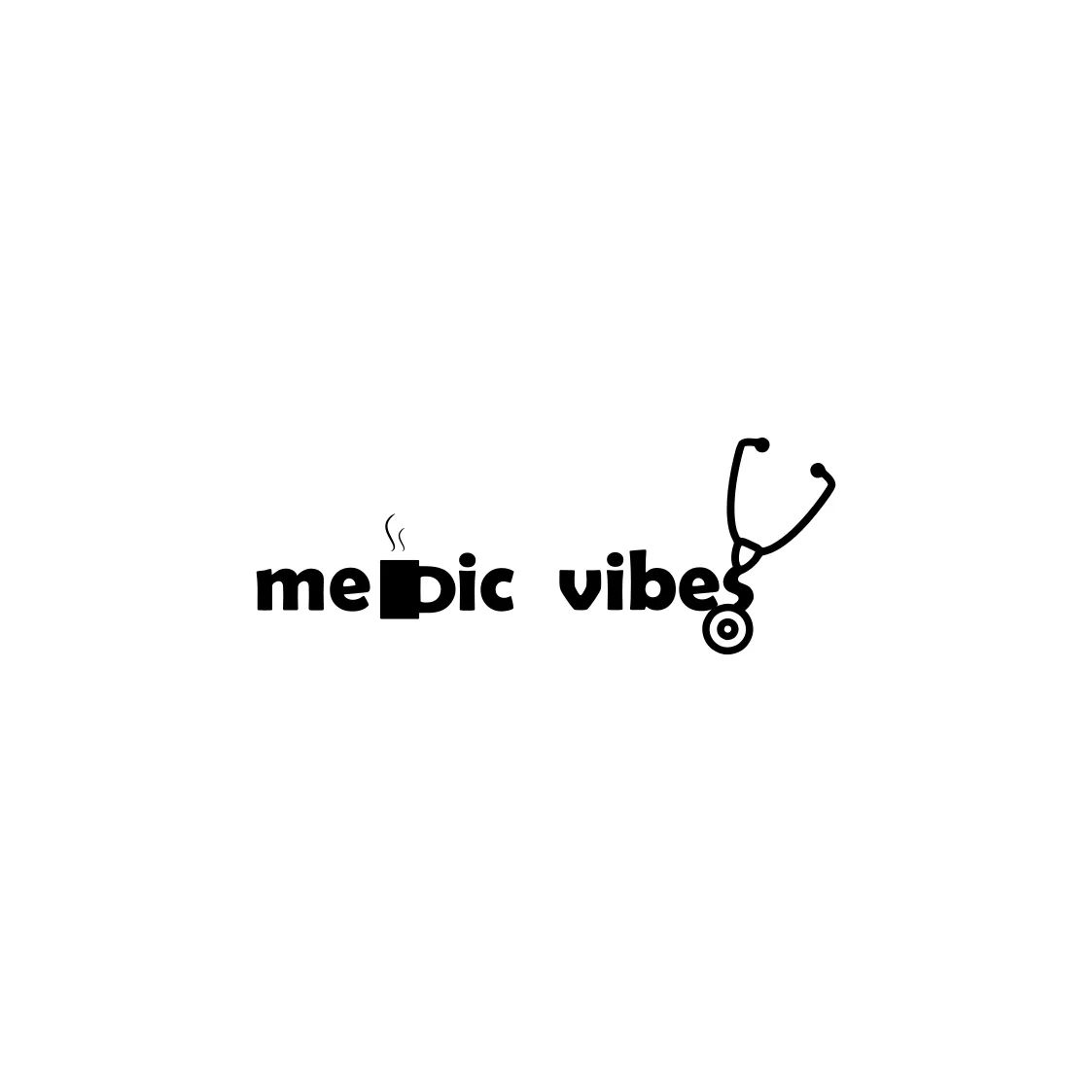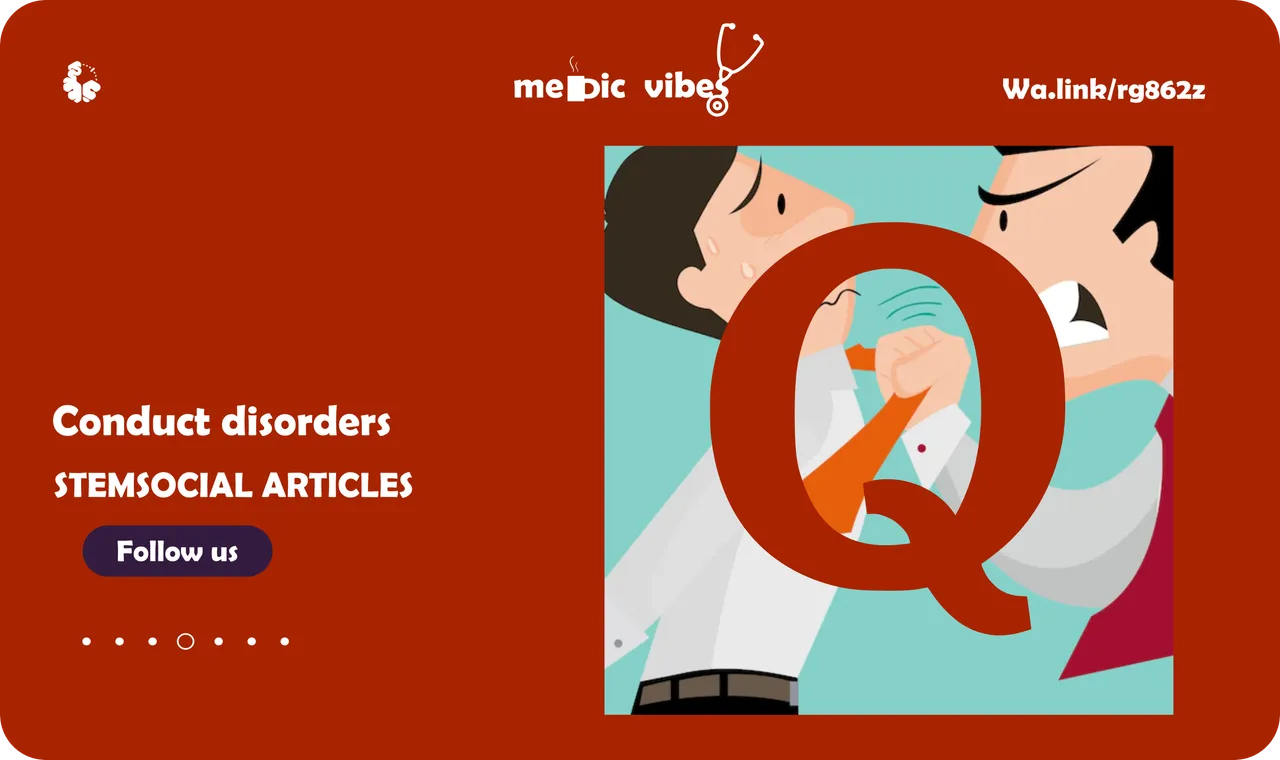In the last post, we saw how:
- Pathological gambling is a serious mental disorder where the person has an uncontrollable desire to gamble.
- Conduct disorder and Reactive Attachment Disorder can lead to social difficulties, characterized by externalizing and internalizing behaviors respectively, require specialized treatment.
- Treatment for pathological gambling treatment includes medication, CBT, support groups.
What is the difference between conduct disorder and reactive attachment disorder?
Welcome to Medic Vibes, where we discuss mental health disorders and make sense of them. Dr Ebingo Kigigha is a medical doctor (aspiring psychiatrist) and creative person (illustration and music). This has been our routine for four consecutive months. This month will be dedicated to substance abuse. In the first month, we discussed Depression, and in the subsequent month, anxiety. We just finished with Conduct disorders.
In this post, we are looking at A Nigerian Study on Substance Abuse. To learn more just keep scrolling down. You can also skip to the key point of the post if you which or go to the conclusion to get the summary.

Substance abuse, also known as drug abuse, refers to the use of drugs in a manner that is harmful to the individual or others. According to Kaplan, substance abuse can be classified into three categories: abuse, dependence, and addiction.
Substance abuse refers to the use of a drug in a manner that is not consistent with legal or medical guidelines. This can include using a prescription medication in a way not prescribed, or using illegal drugs. Individuals who abuse substances may experience negative consequences, such as job loss, legal issues, or relationship problems, but do not meet criteria for dependence or addiction.
Substance dependence, also known as addiction, refers to a state in which an individual has developed a physical and/or psychological dependence on a substance. This can include tolerance, withdrawal symptoms, and difficulty controlling use of the substance. Individuals who are dependent on a substance may continue to use it despite negative consequences, and may prioritize drug use above other responsibilities and obligations.
Addiction is a state of compulsive drug seeking and use despite the harmful consequences. It is characterized by tolerance, withdrawal, and a preoccupation with the drug. Addicted individuals may have difficulty controlling their use, and may continue to use the drug despite negative consequences, such as job loss or relationship problems. They are willing to sacrifice everything for the sake of the drug.
It's worth noting that physical dependence and behavioral dependence are two distinct but related aspects of addiction. Physical dependence refers to the body's adaptation to the presence of a substance, such that withdrawal symptoms occur if the substance is abruptly discontinued. Behavioral dependence refers to the strong emotional and psychological attachment to the substance and the compulsive behavior associated with its use. Both physical and behavioral dependence are often present in addiction, and both are important in understanding the nature of substance use disorders.
Codependance refers to a relationship in which one person enables or supports the substance abuse of another. This can include enabling behaviors such as making excuses for the individual's substance use, covering up their actions, or financially supporting their drug habit. Enabling can perpetuate the substance abuse problem, as it allows the individual to avoid facing the consequences of their actions.
Denial is a defense mechanism that can play a role in substance abuse. Denial can manifest in the individual's refusal to acknowledge the extent of their substance use problem, or their belief that they are not addicted despite evidence to the contrary. Denial can make it difficult for the individual to seek help for their substance abuse, as they may not believe they have a problem.
Both codependance and denial can be addressed through therapy and support groups, such as Al-Anon or Nar-Anon, which are specifically designed for friends and family members of individuals struggling with substance abuse. These interventions can help individuals understand the dynamics of substance abuse and how they can best support their loved one in recovery.

Substance Abuse in Nigeria(Abstract)

Image by storyset on Freepik
This study aimed to conduct a scoping review of the literature on the subject of drug abuse in Nigeria. The goal was to summarize the findings of demography studies on drug abuse, as well as review the current provisions of drug laws in Nigeria. The purpose of the review was to provide appropriate recommendations for interventions to prevent drug abuse in the country.
The study utilized a systematic search of literature on PubMed and additional information from Google Scholar, manual searches of included articles, and discussions with experts on the subject matter. The study selection process was based on the Preferred Reporting Items for Systematic Reviews and Meta-Analyses (PRISMA) statements.
The review found that drug abuse is a significant public health concern in Nigeria, with a reported prevalence of 20-40% among students and 20.9% among youths. The most commonly abused drugs included cannabis, cocaine, amphetamines, heroin, diazepam, codeine, cough syrup, and tramadol. The study identified poor socioeconomic factors and low educational background as common risk factors associated with drug abuse.
The review also found that there are existing drug laws and policies in place, but they have not been effective in reducing the burden of drug abuse in the country. The study recommends targeting the youths, students, and identified sources of drugs, as well as addressing the reasons and risk factors associated with drug abuse in Nigeria in order to reduce the burden of drug abuse.

Treatment for substance abuse
Treatment and rehabilitation for substance abuse typically involves a combination of medical, psychological, and social interventions.
Medical interventions may include detoxification, which involves the supervised withdrawal from the substance, as well as medications to manage withdrawal symptoms and reduce cravings.
Psychological interventions may include cognitive-behavioral therapy, which aims to change the individual's thoughts and behaviors related to substance use, as well as individual and group therapy to address underlying issues that may have contributed to substance abuse.
Treatment for substance abuse may involve addressing social factors that may have contributed to the individual's substance use.
This can include participation in support groups, like 12-step programs, and therapy sessions with family members to address issues within the individual's social network. Rehabilitation may also involve providing educational and vocational opportunities to help the individual rebuild their life and acquire new abilities.
Relapse prevention is also a key component of treatment and rehabilitation for substance abuse. This may include ongoing therapy, support groups, and medications to help prevent a return to substance use. Additionally, aftercare programs, such as sober living houses, may be offered to provide ongoing support and resources for individuals in recovery.
It's important to note that not all individuals require the same level of treatment and rehabilitation, and the level of care should be tailored to the individual's specific needs and circumstances. Long-term follow-up and monitoring is also crucial to ensure that individuals maintain their recovery and prevent relapse.
Questions
- What did you learn about Substance abuse?
Conclusion
- Substance abuse, also known as drug abuse, refers to the use of drugs in a manner that is harmful to the individual or others.
- Study examines drug abuse in Nigeria, suggests prevention interventions.
- Combined medical, psychological, social approach to substance abuse treatment.

References
Page demarcations made with Inkscape.org

